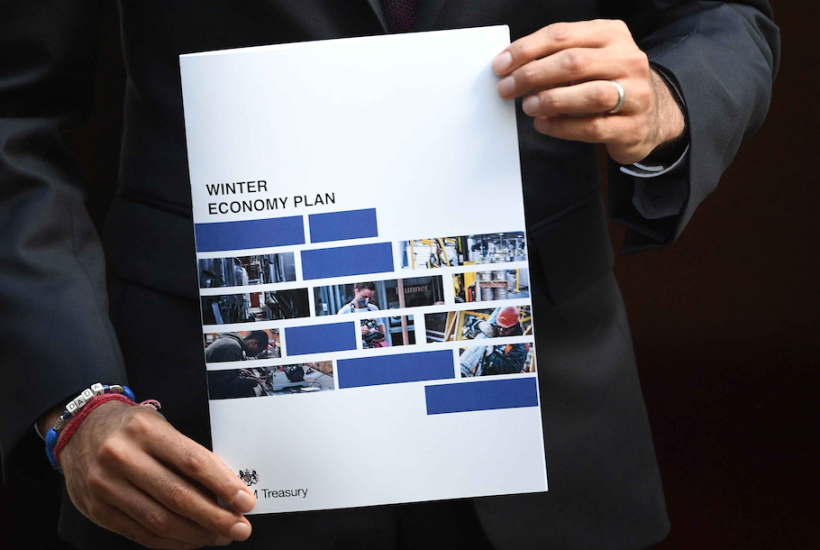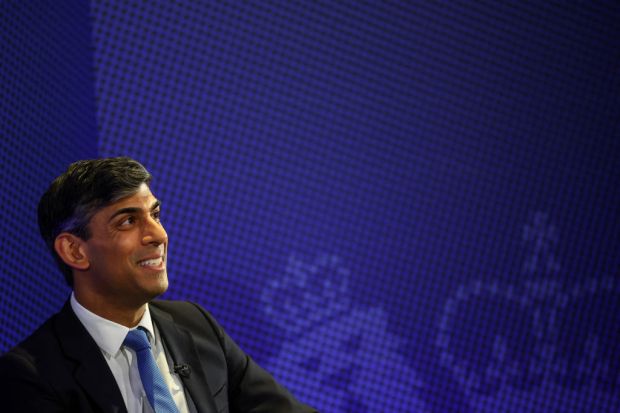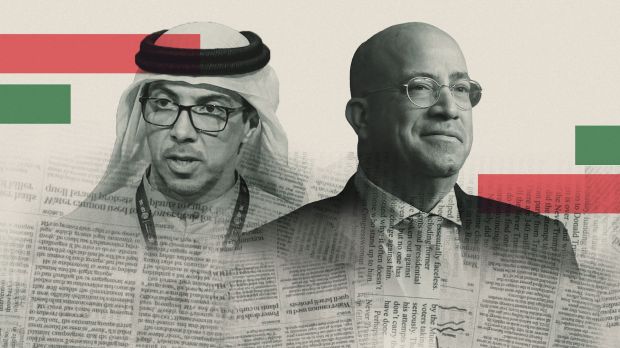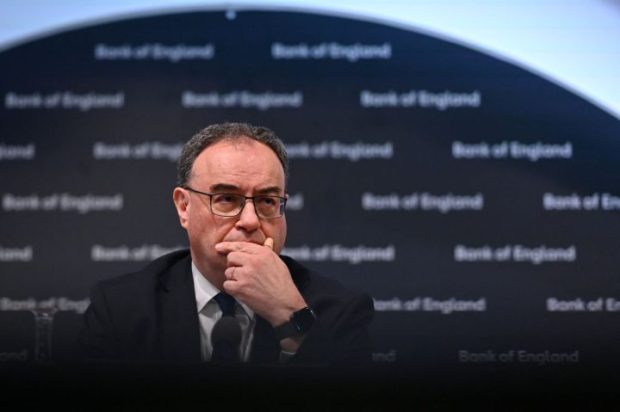The UK economy is no longer hibernating; it is ‘adjusting’. Today’s measures announced by Chancellor Rishi Sunak are designed to help an economy expected to limp through the coming months, quite painfully in certain areas, hopefully on its way to recovery. But are they enough?
The role of the government and the employer has switched: the six month jobs support scheme will see the state contribute to workers’ wages if needed, but now the employer will be paying over 50 per cent of the costs, with the government paying 22 per cent. The critical difference is that employees must be working in order to receive the subsidies: a minimum of a third of their normal working hours – paid by their employer – with non-working hours topped up a third by government, a third by their employer, and a third forgone. This means a worker putting in 33 per cent of their hours can get 77 per cent of their pay.
Large businesses can only access the scheme if they can prove they took a serious hit due to Covid-19 and government restrictions. This shows that the measures are clearly aimed at small and medium-sized firms. It’s not hard to imagine the aviation industry putting their case forward to access the scheme – with air travel reduced by 97 per cent leading up to June this year – but businesses and sectors will have to meet eligibility requirements this time round, which have become notably more stringent.
The scheme is likely to cushion the cliff-edge of the furlough scheme on the 31 October to some extent, but employers still have difficult decisions to make: mainly whether they can even afford to bring back workers part time. As the Chancellor argued in July, it would be a mistake to delay this transition period, in which some jobs are lost and new jobs are gained, for too long. While today’s announcements might soften the blow, there is still change to come:
‘Our economy is now likely to undergo a more permanent adjustment. The sources of our economic growth and the kinds of jobs we create, will adapt and evolve to the new normal. And our plan needs to adapt and evolve in response.’
The Treasury has yet to publish costs for today’s new measures, which include an extension of VAT cut for hospitality and loan schemes, but Capital Economics’ independent assessment puts the cost at roughly £5bn – no small sum, but a fraction of what the furlough scheme has cost so far: almost £40bn. This would suggest the government is holding back some firepower, made possible by the Bank of England, that might become more necessary if government restrictions increase and it becomes near-impossible for certain sectors to remain open.
Still, with the new scheme extending to May next year, it is becoming more difficult by the day for Covid-19 measures to be described as a one-off spending spree. As the jobs support scheme takes us into a new fiscal year, it seems increasingly likely that this year’s estimated £320bn plus deficit may not stand in isolation, especially if the virus is not under control by next spring.<//>
Got something to add? Join the discussion and comment below.
Get 10 issues for just $10
Subscribe to The Spectator Australia today for the next 10 magazine issues, plus full online access, for just $10.




















Comments
Don't miss out
Join the conversation with other Spectator Australia readers. Subscribe to leave a comment.
SUBSCRIBEAlready a subscriber? Log in